TRUMPF presents VCSEL heating systems for faster microchip assembly
March 29, 2022 6:42 pm
Electronics industry to benefit from VCSEL heating systems by increasing quality of solder interfaces.
TRUMPF Photonic Components presents new processes utilizing their VCSEL heating systems for flip-chip assemblies in the electronics industry. By using VCSEL heating systems for Laser Assisted Bonding (LAB) and Laser Assisted Soldering (LAS) cycle times are reduced down to a ninth compared to standard reflow soldering processes. Furthermore, the quality and reliability of PCB assemblies are increasing, as the VCSEL heating systems work with high precision. As the intensity distribution of laser radiation can be adjusted by the individual control of single laser zones, the heat is only applied on the PCB and semiconductor die where it is needed. Consequently, the quality and lifetime of the PCB boards as well as the die attach and solder interfaces benefit from this technology because warpage and heat within the die are significantly reduced. The assembly process also benefits from very repeatable and accurate die bonding and soldering conditions, as the VCSEL heating system allows homogenous illumination, fast switching times and precise power control. Another aspect is the overall footprint for microchip assembly. It can be reduced compared to conventional reflow solutions because the VCSEL heating systems are very compact.
How Laser Assisted Soldering and Laser Assisted Bonding works LAS is the process called, when the solder balls are soldered directly on the PCB using VCSEL infrared heat treatment. This is particularly of relevance to support the trend towards using smaller solder balls and pitches, which in turn also allows for a reduction in overall building space needed in consumer electronics.
During the LAB process, a flip-chip is placed on a PCB board, using solder balls as a connection. The VCSEL system heats the chip from above, and the laser energy is transmitted through a silicon die to melt the solder balls between the chip and PCB. VCSEL heating systems can either be used for stationary heating or for on-the-fly heating applications. The VCSEL-based systems offer bigger heating areas with higher power compared to other solutions.
In the Customer Application Center in Aachen, Germany, TRUMPF offers customers a testing lab for these potential applications. “It is great to see that with our unique VCSEL heating modules electronics manufacturing can also benefit. The compact design and its homogeneous heating patterns lead to better process control and higher product quality. At the same time, it reduces the footprint of the assembly production line – in the case of LAB of up to 30 percent”, explains Ralph Gudde, VP Marketing and Sales at TRUMPF Photonic Components.
For more info, visit: https://www.trumpf.com/
Cookie Consent
We use cookies to personalize your experience. By continuing to visit this website you agree to our Terms & Conditions, Privacy Policy and Cookie Policy.



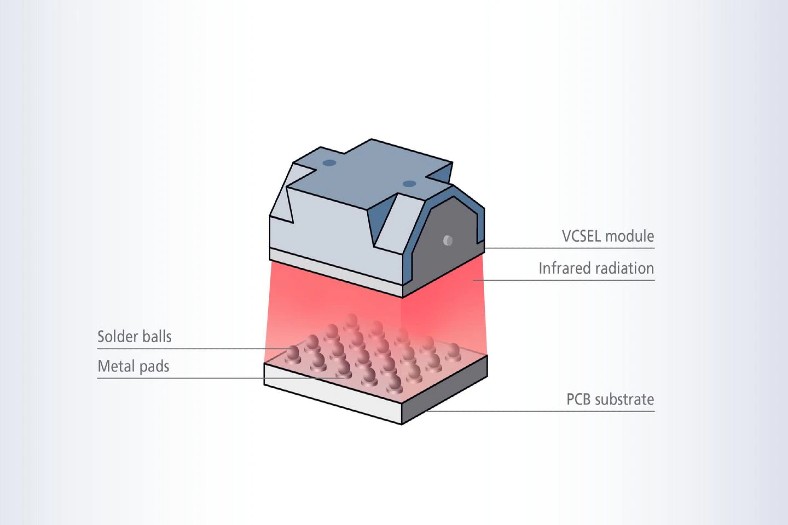
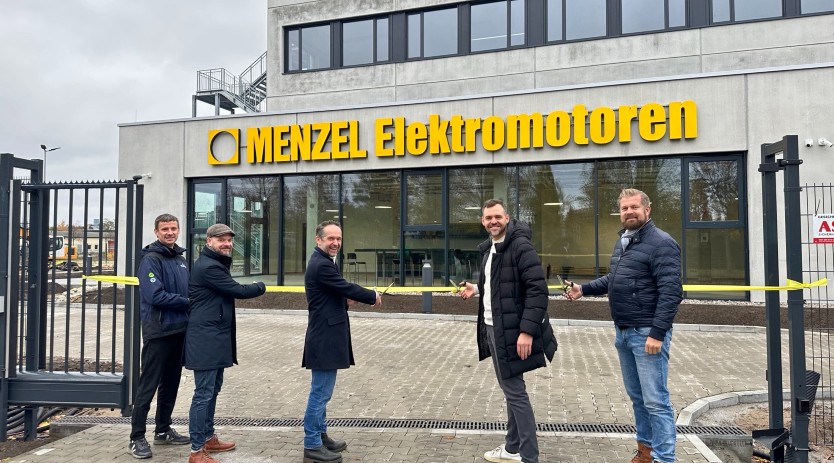
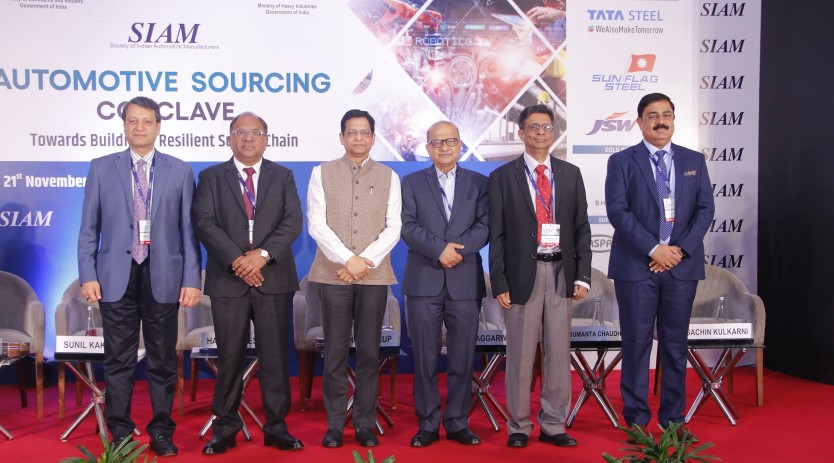
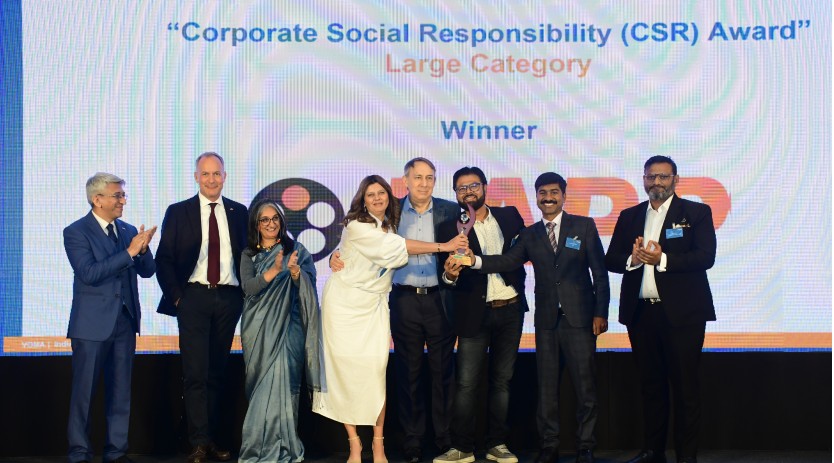


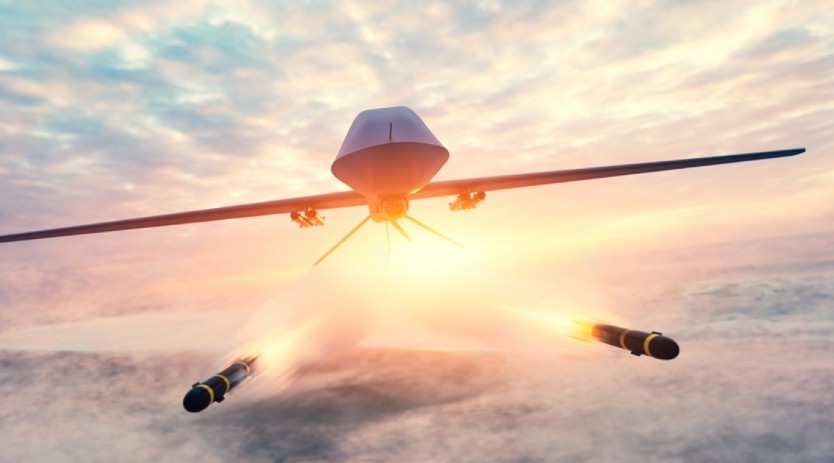
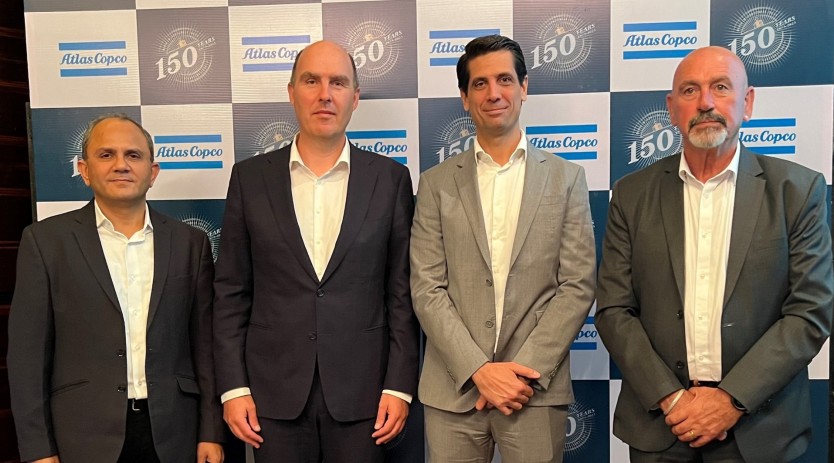
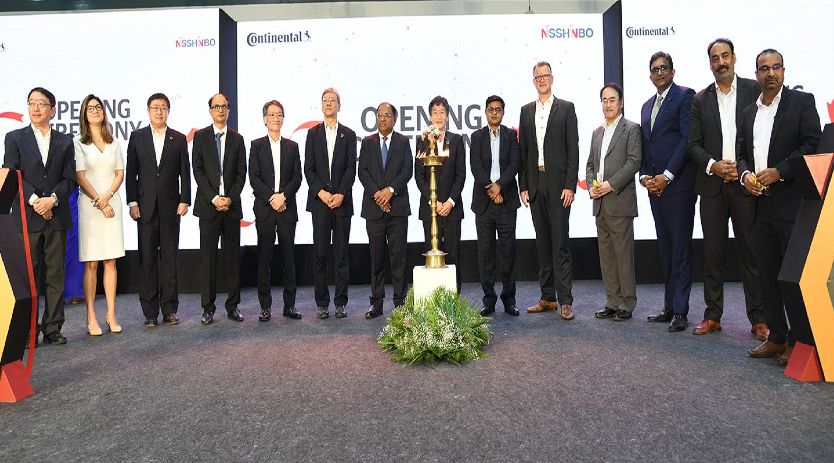

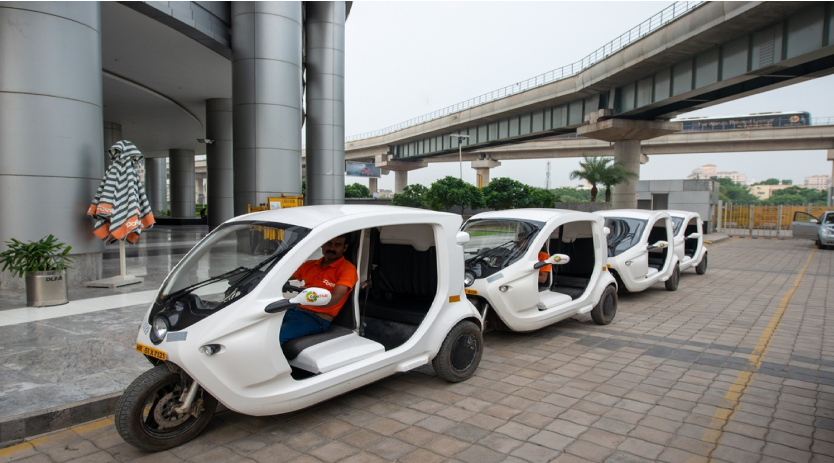



 English
English Hindi
Hindi